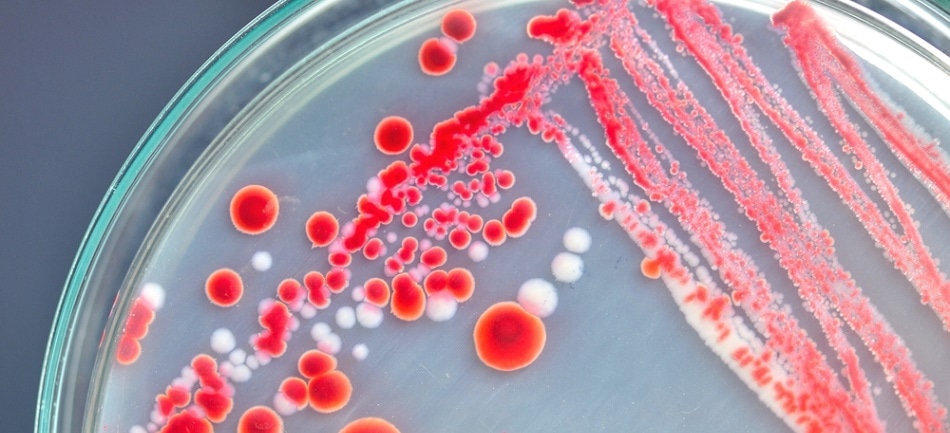Oct 7 2016
 Tinydevil/Shutterstock.com
Tinydevil/Shutterstock.com
It seems that contamination is the cause of food products being recalled almost every week. A pathogenic strain of E. coli is one of the causes for the contamination.
Recently a team of researchers working to prevent illnesses caused by this bacteria in water or food have built a unique nanosensor to swiftly detect the presence of the bacteria. The research is published in the ACS Infectious Diseases journal.
According to the Centers for Disease Control and Prevention, millions of illnesses and over 1,000 deaths annually in the U.S. are linked to food borne illness caused by pathogens. Traditional techniques to monitor food to detect sickness-causing microbes can take up to 24 hours, which is too slow to efficiently capture contaminated products before they make it to store shelves.
Faster techniques are available but with certain limitations. For instance, magnetic resonance can spot very low levels of bacteria, but its effectiveness is lost at higher bacteria concentrations. However with fluorescence, it is the opposite.
Tuhina Banerjee, Santimukul Santra and colleagues were keen to see if integrating the two methods would make a better detector.
The team built a hybrid nanosensor with magnetic resonance and fluorescence incorporated. Milk was tested in the lab, and it revealed that the detector could sense varying concentrations of a pathogenic strain of E. coli referred to as O157:H7 within an hour.
The sensor was also used to test E. coli levels in untreated lake water, which is a source of household water in certain developing regions. The researchers say that the nanosensor device can be tailored to detect many pathogens apart from E. coli.